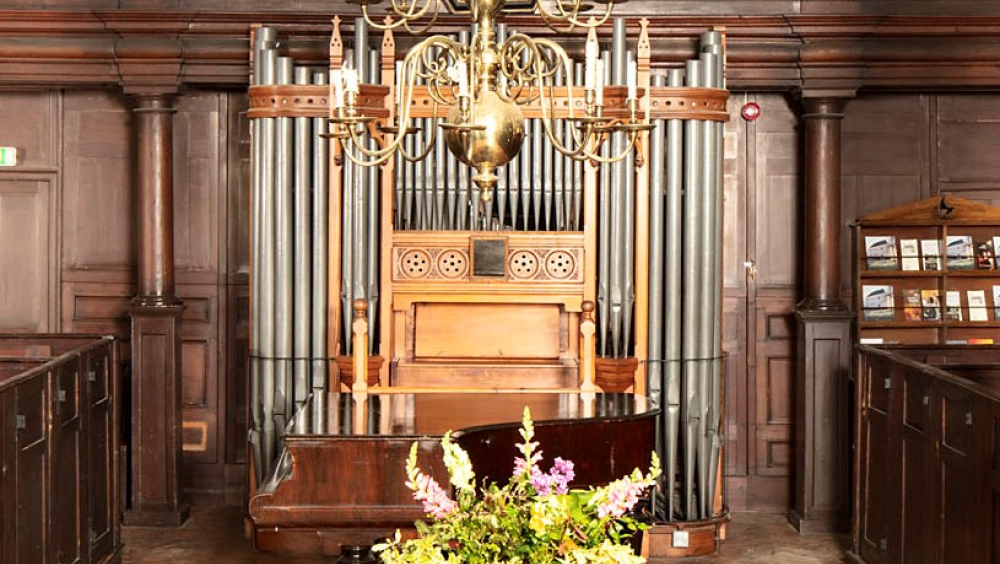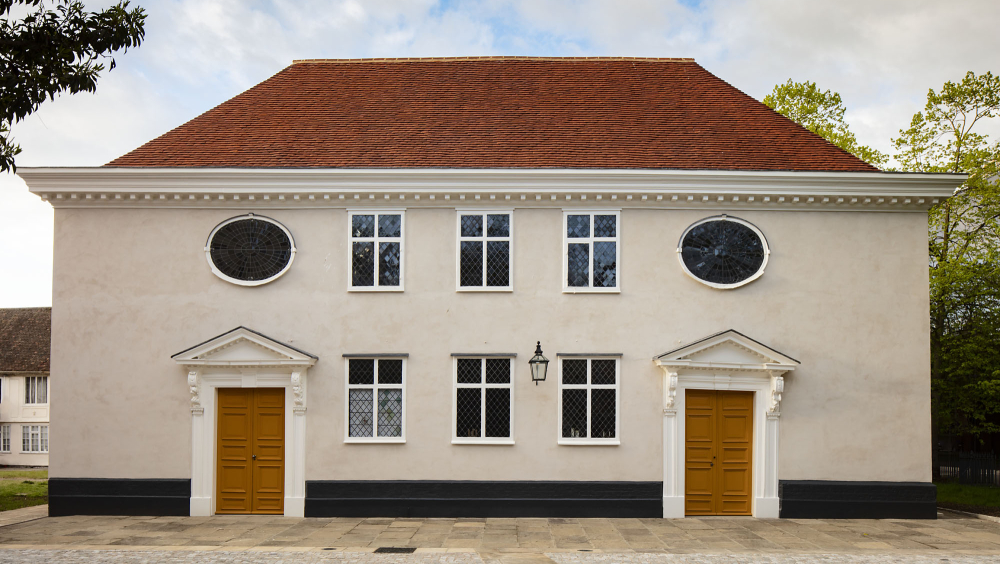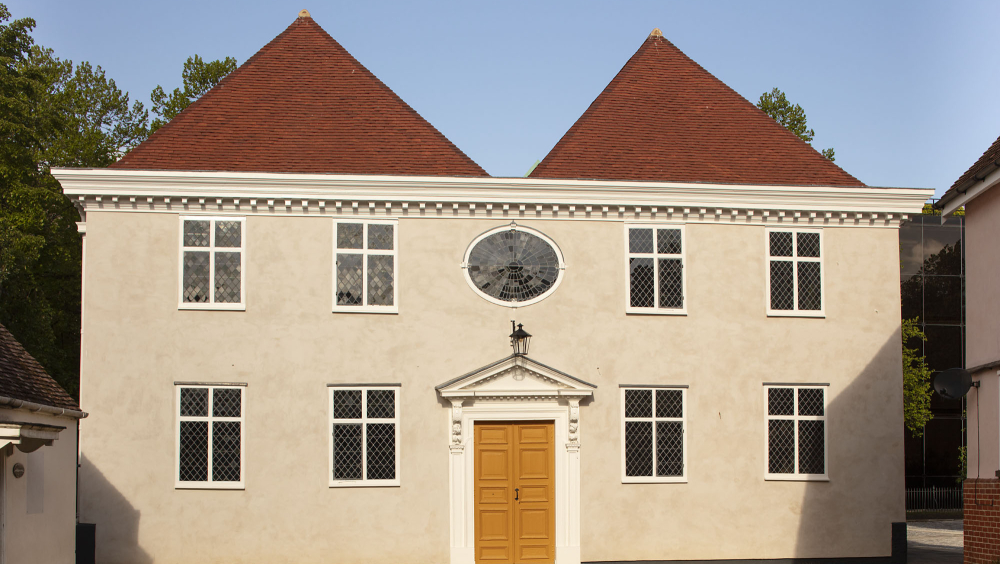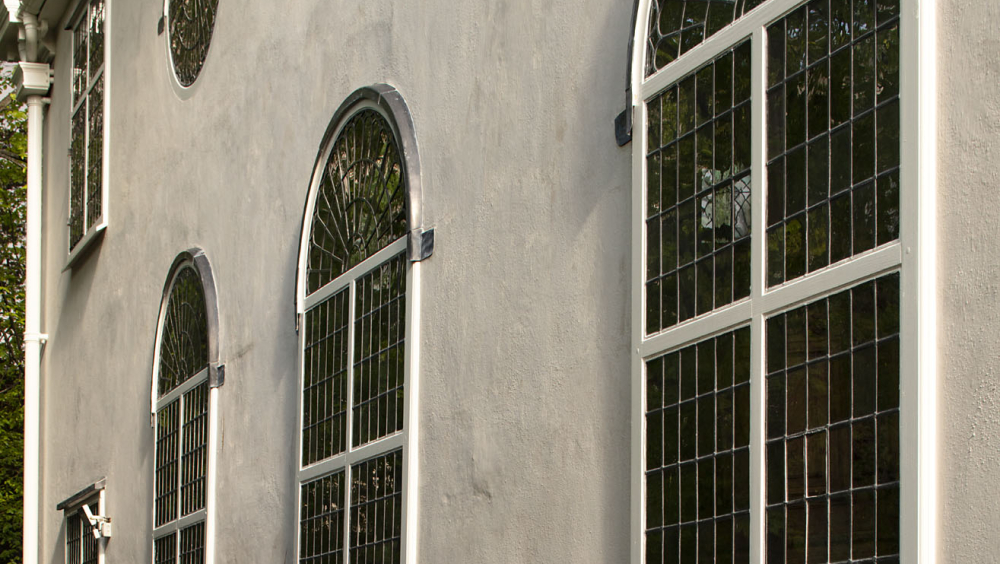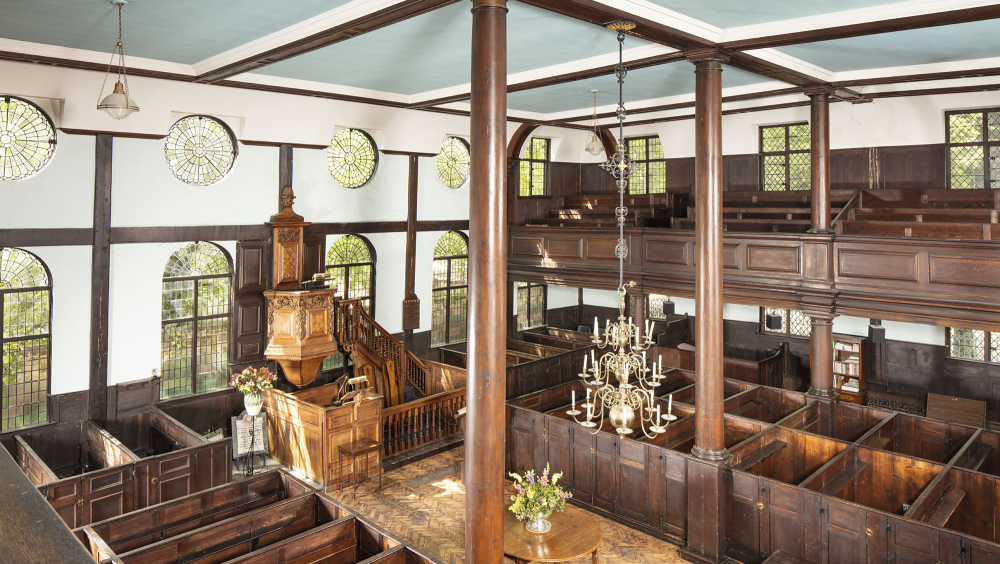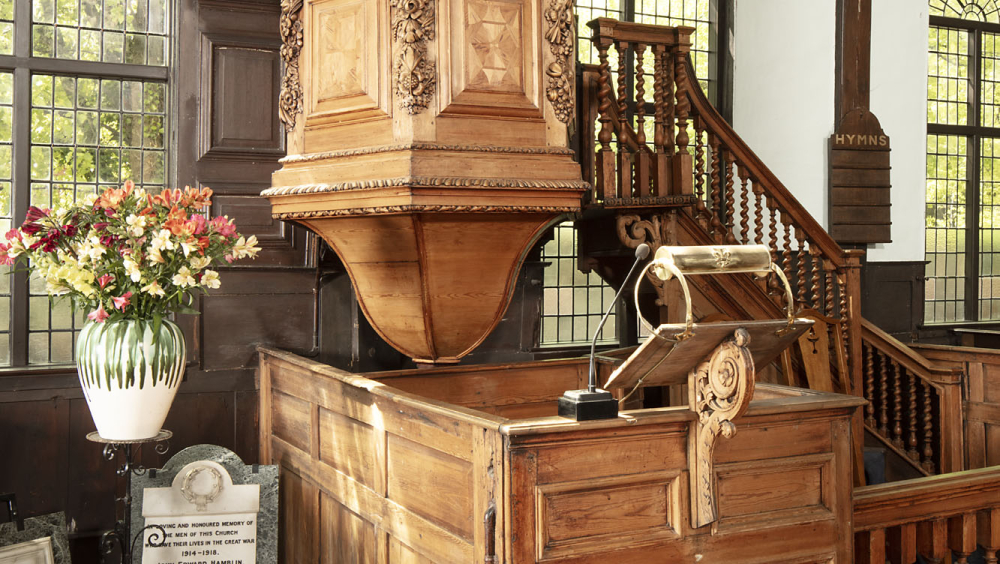Unitarian Meeting House - Ipswich, Suffolk, UK
Our Unitarian Meeting House in Ipswich, Suffolk, UK is tangible evidence of the spread and history of European Unitarianism and the development of dissent. We are a community of independent thinkers who are proud of our building and our heritage and have invested time, energy and funds to preserve it for future generations. The building is Grade 1 listed and is a valuable record of early non-conformist places of worship. It remains much as it was first built in 1699 and has been part of the life of our congregation since the first service was held there in 1700.
Our building is the tangible physical evidence of all the links to Unitarian movements in Europe. Our services and celebratory practices are evidence of the ways we remember and witness the history of previous struggles and the bravery of key individuals.
As well as the building and our practice, we preserve historic records and items (such as silverware) both in our meeting house and in the Suffolk Records Office.
In 2023 as part of the Heritage Open Days celebrations we held two talks and presentations in the meeting house – one on the medieval churches in Ipswich and the second on the history of the Dissenters. In 2024 on Friday 17th May, we are holding a day’s conference with open conducted tours of our meeting house in the morning and a special event at the Suffolk Archives (called the Hold) where all records and historical papers will be on show in a secure environment. Two presentations will be given – one by Rev Cliff Reed on the history of the congregation who built the Meeting House in 1699 and what was important to them in choosing the design of the building and the second by Dr Elizabeth Kingston Harrison on the History of Dissent through to the Development of Unitarianism.
Our building is a living and useful resource. The congregation, the community, the students from the Humanities department of the University of Suffolk, the local tourist guides, the Ipswich Society and other local organisations such as the Friends of the Ipswich Unitarian Meeting House all use and benefit from it. As part of their course assessment, the Humanities students will be producing a podcast about the living history of our meeting house.
We want to publicise and promote what the building can offer and use it to its full extent. Our visitors’ book gives evidence of the attraction to visitors from Europe and around the world and their positive comments are proof of the value of preserving it.
We welcome the opportunity to tell more people throughout Europe about the special nature and value of our Meeting House and hope some will be inspired to visit when they come to this area of the UK.
Unitarianism in Hungary dates from the 16th century, though our links date only from the mid-19th century when a British Unitarian, John Paget married a Hungarian baroness and settled in Transylvania. Through his support, finance was raised in the UK for the Hungarian Unitarians when they were under extreme pressure and were struggling to survive as a movement. The British and Foreign Unitarian Association sent their secretary Rev Edward Tagart to deliver the funds and to extend links between the kindred movements. Rev Tagart’s daughter Lucy Tagart often visited the Unitarian meeting houses in Suffolk and attended services at our meeting house and a neighbouring one in Bedfield.
Norbert Capek, the founder of Unitarianism in what was then Czechoslovakia, developed the movement there in 1922/3. One striking idea which he originated is now celebrated worldwide in Unitarian congregations – that of the flower communion – and which we too mark with a special service in our meeting house each year. Czech links with the Suffolk Unitarians were through Rev Rosalind Lee who came from the traditionally dissenting Notcutts family who worshipped in our Ipswich meeting house. Rosalind went to Prague in 1938 and worked with Nicholas Winton to establish the Kindertransport, rescuing refugees and especially children from the imminent Nazi takeover of the whole country. Sadly Norbert Capek was arrested by the Gestapo in March 1941, transferred to Dachau in June 1942, and put to death later in October 1942. We are proud to remember him and to mark his influence and pleas for peace with our own flower communion services each year.
